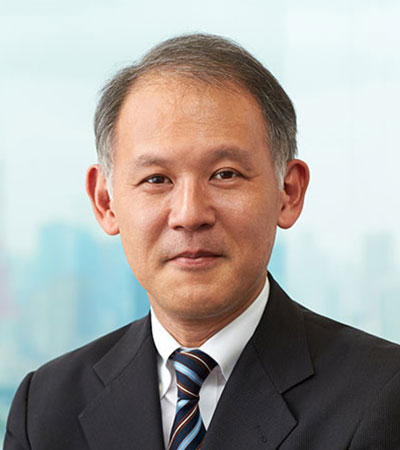Three missions for UTokyo during the coronavirus pandemic

Dispatches from the coronavirus crisis
We selected 10 researchers from among the University of Tokyo’s 26 constituent departments and asked them to write one-page accounts of the coronavirus pandemic from the perspective of their own field of specialization. This also presented the opportunity for them to attempt to frame their own research through the lens of the pandemic.
What were UTokyo researchers thinking and feeling in the summer of 2020? What do researchers say when they are talking about the pandemic? Some answers to these questions will be found in this series of pages.

Three missions for UTokyo during the coronavirus pandemic

Political Science
Professor, Institute of Social Science
In the context of the coronavirus crisis, UTokyo has three missions to fulfill. The first of these is our duty toward the campuses. While it seems that everyone is equally susceptible to COVID-19, the extent of the damage they receive varies from person to person. And while differences due to age are also severe, differences that can be attributed to socioeconomic conditions are not inconsiderable. Some people are also more able to adapt to telecommuting than others. Beyond this communications environment, people’s individual situations also vary in terms of childcare and long-term care. Although burdens on families are growing, it is of paramount importance for the University to provide fully-supported working and learning environments equally for all members. Having said that, even with the ongoing consideration and implementation of various measures, such support hasn’t fully reached everyone. Occasionally, people in dire need of support have not received necessary information. The inclusiveness of our systems is being evaluated by how we can save those who are slipping through the cracks. This is a time that will test UTokyo’s declared philosophy of diversity and inclusiveness.
The second mission concerns our duty to Japanese society. The amount of focus brought to bear on the relationship between politics and scientific experts under the current coronavirus crisis is something rarely seen. Every day a diverse chorus of experts offers influential commentary not only in public hearings and committees, but also on traditional and social media. At times, such experts are castigated for stepping outside their own narrow expertise to raise issues about policy options and possibilities for society and the economy. And it is not at all uncommon for diverse experts to stir up controversy by presenting opinions that are mutually contradictory. While it should be the responsibility of politicians to decide which expert opinions to ultimately adopt, the University of Tokyo, which leads Japan in a variety of research fields, should impose some order on these various discussions to present society with useful criteria for judgment. Which information should be believed? What is the best way to perceive the situation of a particular issue? UTokyo’s role is to draw up a broad blueprint for answering such questions.
Third is our mission to human society writ large. Every day, the nations of the world are calling out for ideas on how to respond to the coronavirus crisis. As it is expected that the crisis will be prolonged, we need to conceive of a new socioeconomic model for responding to the pandemic not only in the short term, but in the medium and longer term as well. Even as we maintain the physical distancing necessary to ensure people’s safety, we need to shorten the social distance between individuals in order to share information as a society and to continue to discuss necessary countermeasures. In that sense, what is being sought is democracy for an era of crisis. What UTokyo wants is to assert its presence in the debate around finding optimal solutions to three issues that are often seen as contradictory, namely public safety, economic recovery and individual rights and freedoms.
* This article was originally printed in Tansei 41 (Japanese language only). All information in this article is as of September 2020.






